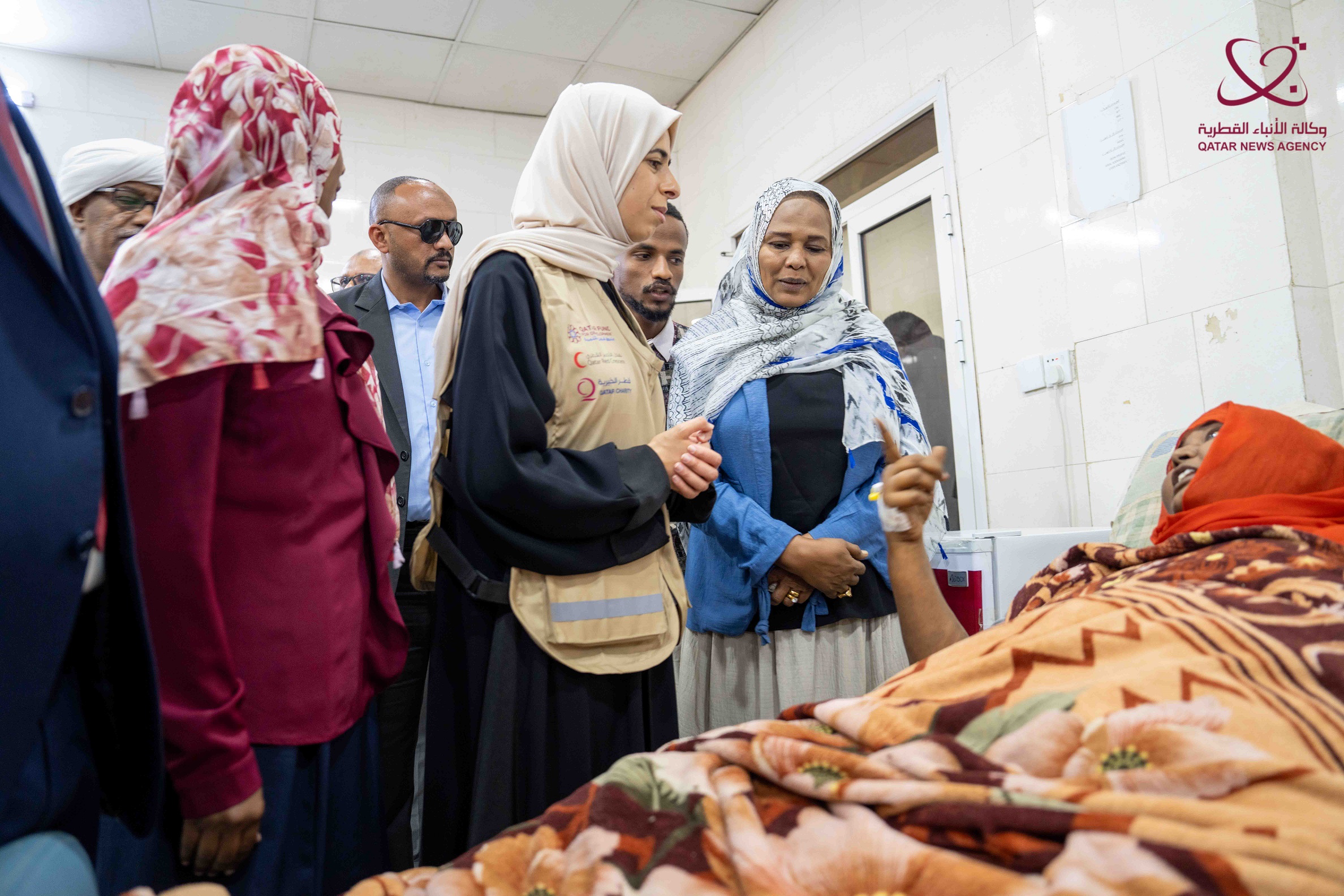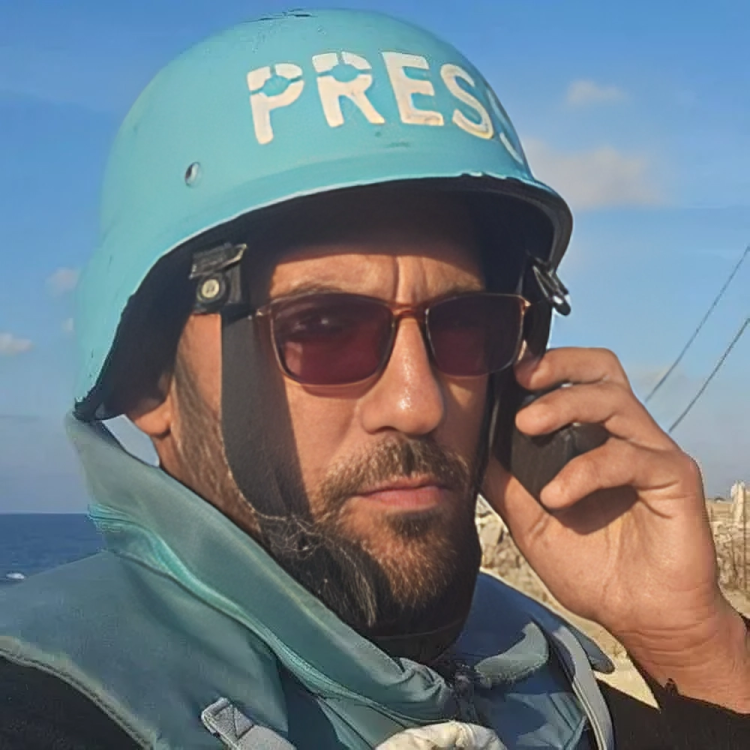By the end of 2023, the war killed more than 12,000 people, according to UN figures, though the actual toll is believed to be much higher.
Qatar’s Minister of State for International Cooperation at the Ministry of Foreign Affairs Lolwah Al Khater visited Sudan on Saturday as she marked the resumption of the humanitarian air bridge to the war-torn country.
Al Khater visited Port Sudan where aid is offloaded and displaced Sudanese have been sheltering since the deadly war broke out on April 15, 2023.
“Today’s visit to Sudan comes to remind the world that seems to have forgotten the devastating human tragedy that this great country and its dear, generous people are going through,” Al Khater said on X.
Her visit saw the resumption of the air bridge to Sudan which will continue throughout Ramadan, providing the country with food, shelter tents, and ambulances.
Qatar launched the air bridge in May 2023, through which it evacuated Qatari residency holders.
On June 19, 2023, Qatar pledged $50 million to support humanitarian efforts in Sudan.
“We also renew the firm position of the State of Qatar towards brotherly Sudan and the dear Sudanese people in support of their unity, security, stability and the aspirations of their people,” Al Khater added.
The top Qatari official also announced the launch of the food baskets campaign between the Qatar Fund for Development and Qatar Charity, aimed at delivering 50,000 baskets. The campaign already saw the distribution of 20,000 baskets.
“We urge all donor countries that announced their pledges last May, which amounted to about $1.5 billion, to work hard to fulfill these pledges despite the existing logistical and security difficulties and not to use this as an excuse for not seeking to fulfill their pledges,” she said.
Al Khater also met representatives from the UN and international institutions during her visit where she underlined the severity of “the largest forced displacement crisis the world is witnessing today.”
The Qatari diplomat stressed that Sudan’s security and stability affects the Arab region and Africa, calling “for sincere concerted efforts to find an urgent, peaceful solution to this ongoing fighting.”
“We also call for the provision of safe humanitarian corridors and to stop targeting food and medicine warehouses and supply chains, which has obstructed and continues to hinder access to regions in need,” she added.
Al Khater’s visit came as Qatar welcomed the UN Security Council’s adoption of a resolution on Friday that called for an immediate ceasefire in Sudan during Ramadan. The resolution saw 14 votes in favour of it and one abstention from Russia.
In a statement, Qatar’s foreign ministry “affirmed that the catastrophic humanitarian repercussions of the armed conflict in the brotherly Sudan require the combined efforts of all parties to protect civilians.”
“The Ministry also stressed the need for dialogue between all Sudanese parties in order to permanently stop the military conflict in preparation for launching broad negotiations that will ultimately lead to a comprehensive agreement and sustainable peace,” the statement added.
Qatar also voiced its “rejection of all forms of interference” in Sudan’s internal affairs.
On Friday, the UNSC “expressed grave concern over the deteriorating humanitarian situation, including ‘crisis levels or worse’ of acute food insecurity, particularly in the Darfur region.”
It also raised its concern over the “ongoing reports of violations of international humanitarian and human rights laws, including cases of sexual violence in conflict.”
On Thursday, UN Secretary-General Antonio Guterres called on “all actors involved in the conflict to honour a Ramadan cessation of hostilities.”
The war last year broke out between Rapid Support Forces (RSF), commanded by Mohammed Hamdan Daglo, widely known as Hemedti, and Sudan’s army, led by Abdel Fattah Al Burhan.
The deadly conflict came following a period of tensions between both sides amid a power struggle. By the end of 2023, the war killed more than 12,000 people, according to UN figures, though the actual toll is believed to be much higher.
The war also displaced more than 7.3 million people inside Sudan and neighbouring countries.
On March 6, the UN warned that Sudan’s conflict risks triggering “the world’s worst hunger crisis.” Nearly a year since the beginning of the war, less than 20 people in Sudan are able to afford a full meal with 14 million children in need of humanitarian aid.
“Twenty years ago, Darfur was the world’s largest hunger crisis, and the world rallied to respond. But today, the people of Sudan have been forgotten. Millions of lives and the peace and stability of an entire region are at stake,” Cindy McCain, Executive Director of the World Food Programme said at the time.
The WFP also said that 90 percent of the people facing hunger in Sudan are “in areas that are largely inaccessible.”
“I met mothers and children who have fled for their lives not once, but multiple times, and now hunger is closing in on them. The consequences of inaction go far beyond a mother unable to feed her child and will shape the region for years to come,” McCain said.







